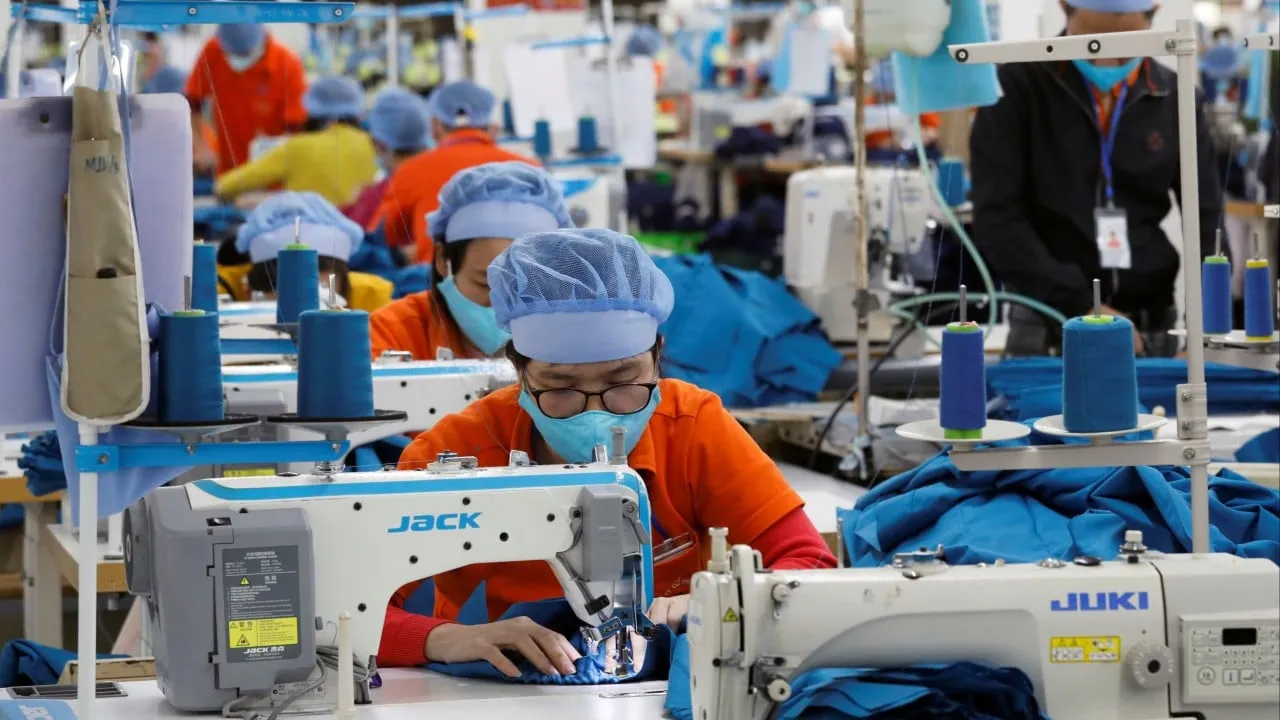For Fairer Trade: Expanding Access to Supply-Chain Finance in Developing Countries

Understanding the Vital Role of Supply Chains
Raw materials and supply chains form the backbone of international commerce, representing over half the value of global merchandise trade. They not only create substantial employment opportunities but also lower barriers for countries and companies to participate in the world economy. However, the finance supporting these supply chains is notably inadequate, leaving micro, small, and medium-size enterprises (MSMEs) in emerging economies deprived of essential resources.
The Importance of Supply-Chain Finance
Supply-chain networks unify raw materials, components, and services across various countries, with products frequently crossing borders multiple times during processing. Firms within these networks rely on short-term supply-chain finance to navigate cash flow gaps caused by delayed payments from buyers. This financing is particularly crucial for MSMEs in developing regions, where it can determine their survival and growth.
Impact of COVID-19 on Supply Chains
During the COVID-19 pandemic, supply-chain finance acted as a lifeline, helping businesses adapt to shifting consumer behaviors. As demand surged, particularly for goods, businesses required instant financing to manage rising operational costs while awaiting delayed buyer payments. For instance, garment producers in Vietnam and Cambodia struggled to finance material purchases more rapidly.
Challenges in Accessing Supply-Chain Finance
Despite the booming demand, many MSMEs face significant challenges in securing supply-chain finance due to weak legal frameworks, inadequate technology, and high costs. This situation hampers their growth potential, subsequently impacting the economic advancement of their countries.
Potential Benefits of Expanding Supply-Chain Finance
Research by the World Trade Organization (WTO) asserts that a mere 10% increase in international factoring can lift countries’ trade by 1%. Expanding access to supply-chain finance tools holds the promise of enhanced trade participation, higher incomes, reduced poverty, and improved financial inclusion for MSMEs.
Actions for Multilateral Development Banks
Multilateral development banks must align their efforts with governments and local financial entities to promote supply-chain finance. This includes strengthening legal frameworks, training market participants in best practices, enhancing technological infrastructure, and boosting the availability of financing options.
Conclusion: The Low-Hanging Fruit of Supply-Chain Finance
Increasing supply-chain finance in emerging markets presents a significant opportunity for development. By focusing on this area, we can drive employment growth, bolster trade, and achieve ambitious global development objectives.
This article was prepared using information from open sources in accordance with the principles of Ethical Policy. The editorial team is not responsible for absolute accuracy, as it relies on data from the sources referenced.